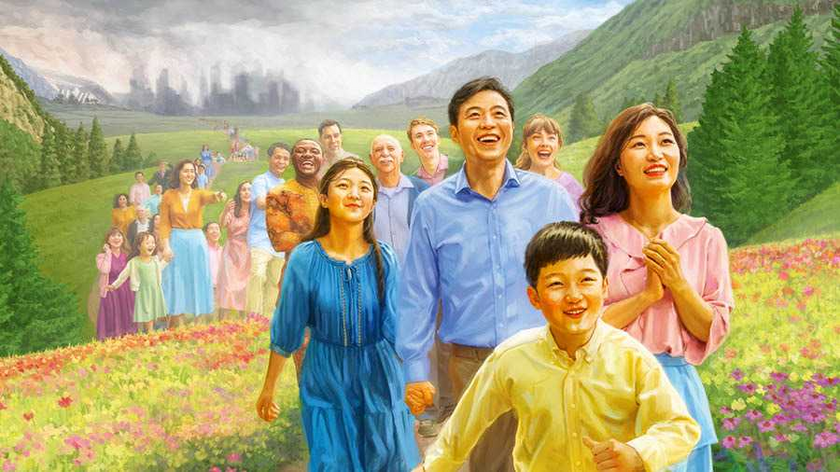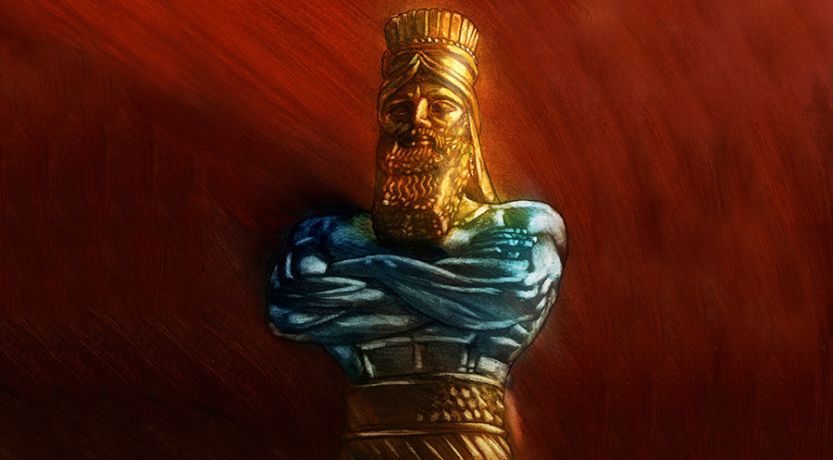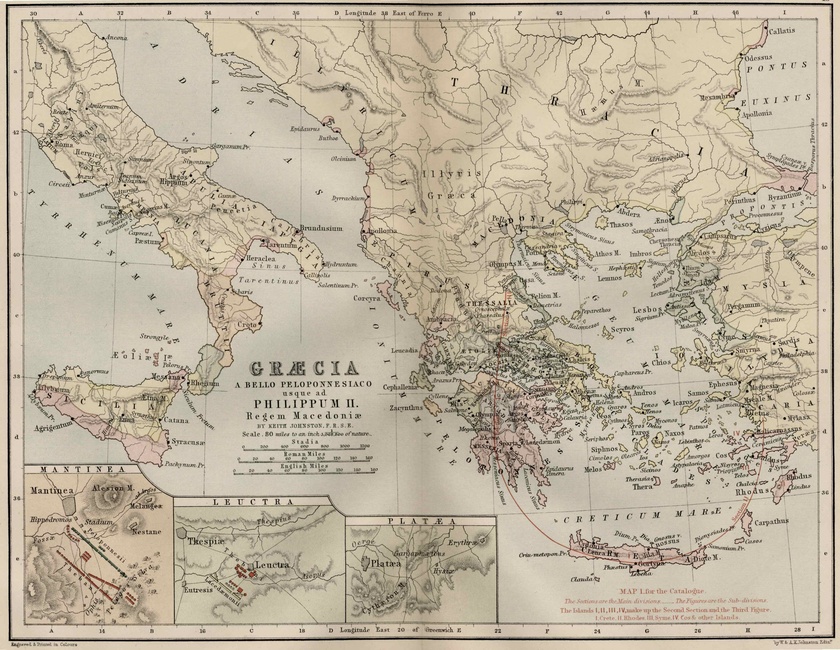https://www.un.org/en/about-us
The United Nations is an international organization founded in 1945. Currently made up of 193 Member States, the UN and its work are guided by the purposes and principles contained in its founding Charter.
Member States: The UN’s Membership has grown from the original 51 Member States in 1945 to the current 193 Member States.
All UN Member States are members of the General Assembly. States are admitted to membership by a decision of the General Assembly upon the recommendation of the Security Council. The Secretary-General is appointed by the General Assembly on the recommendation of the Security Council for a 5-year, renewable term.
On the 18th of June, 2021, Guterres was re-appointed to a second term, pledging as his priority to continue helping the world chart a course out of the COVID-19 pandemic. The UN Secretariat building (at left) under construction in New York City in 1949. At right, the Secretariat and General Assembly buildings four decades later in 1990. UN Photo: MB (L) ; UN Photo ®
As World War II was about to end in 1945, nations were in ruins, and the world wanted peace. Representatives of 50 countries gathered at the United Nations Conference on International Organization in San Francisco, California from 25 April to 26 June 1945. For the next two months, they proceeded to draft and then sign the UN Charter, which created a new international organization, the United Nations, which, it was hoped, would prevent another world war like the one they had just lived through. Four months after the San Francisco Conference ended, the United Nations officially began, on 24 October 1945, when it came into existence after its Charter had been ratified by China, France, the Soviet Union, the United Kingdom, the United States and by a majority of other signatories.
Now, more than 75 years later, the United Nations is still working to maintain international peace and security, give humanitarian assistance to those in need, protect human rights, and uphold international law.
The UNGA also makes key decisions for the UN, including:
appointing the Secretary-General on the recommendation of the Security Council electing the non-permanent members of the Security Council
Main Bodies
General Assembly
The General Assembly is the main deliberative, policymaking and representative organ of the UN. All 193 Member States of the UN are represented in the General Assembly, making it the only UN body with universal representation. Each year, in September, the full UN membership meets in the General Assembly Hall in New York for the annual General Assembly session, and general debate, which many heads of state attend and address. Decisions on important questions, such as those on peace and security, admission of new members and budgetary matters, require a two-thirds majority of the General Assembly. Decisions on other questions are by simple majority. The General Assembly, each year, elects a GA President to serve a one-year term of office.
Security Council
The Security Council has primary responsibility, under the UN Charter, for the maintenance of international peace and security. It has 15 Members (5 permanent and 10 non-permanent members). Each Member has one vote. Under the Charter, all Member States are obligated to comply with Council decisions. The Security Council takes the lead in determining the existence of a threat to the peace or act of aggression. It calls upon the parties to a dispute to settle it by peaceful means and recommends methods of adjustment or terms of settlement. In some cases, the Security Council can resort to imposing sanctions or even authorize the use of force to maintain or restore international peace and security. The Security Council has a Presidency, which rotates, and changes, every month.
● Daily programme of work of the Security Council ● Subsidiary organs of the Security Council
Economic and Social Council
The Economic and Social Council is the principal body for coordination, policy review, policy dialogue and recommendations on economic, social and environmental issues, as well as implementation of internationally agreed development goals. It serves as the central mechanism for activities of the UN system and its specialized agencies in the economic, social and environmental fields, supervising subsidiary and expert bodies. It has 54 Members, elected by the General Assembly for overlapping three-year terms. It is the United Nations’ central platform for reflection, debate, and innovative thinking on sustainable development.
Trusteeship Council
The Trusteeship Council was established in 1945 by the UN Charter, under Chapter XIII, to provide international supervision for 11 Trust Territories that had been placed under the administration of seven Member States, and ensure that adequate steps were taken to prepare the Territories for self-government and independence. By 1994, all Trust Territories had attained self-government or independence. The Trusteeship Council suspended operation on 1 November 1994. By a resolution adopted on 25 May 1994, the Council amended its rules of procedure to drop the obligation to meet annually and agreed to meet as occasion required -- by its decision or the decision of its President, or at the request of a majority of its members or the General Assembly or the Security Council.
International Court of Justice
The International Court of Justice is the principal judicial organ of the United Nations. Its seat is at the Peace Palace in the Hague (Netherlands). It is the only one of the six principal organs of the United Nations not located in New York (United States of America). The Court’s role is to settle, in accordance with international law, legal disputes submitted to it by States and to give advisory opinions on legal questions referred to it by authorized United Nations organs and specialized agencies. The International Court of Justice functions in accordance with its Statute.
Secretariat
The Secretariat comprises the Secretary-General and tens of thousands of international UN staff members who carry out the day-to-day work of the UN as mandated by the General Assembly and the Organization's other principal bodies. The Secretary-General is Chief Administrative Officer of the Organization, appointed by the General Assembly on the recommendation of the Security Council for a five-year, renewable term. The Secretary-General is also a symbol of the Organization's ideals, and an advocate for all the world's peoples, especially the poor and vulnerable.


























